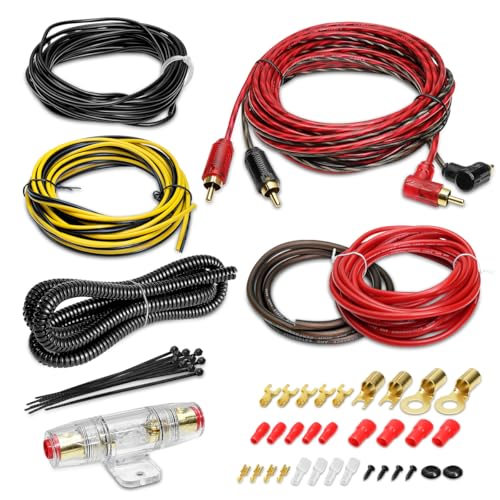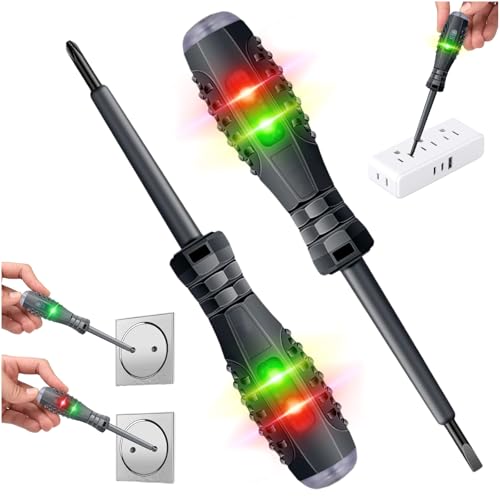Hi Daba,I doubt very much that you will get the DNO to pay, even if your installation is tested and found to be perfect...
Reason 1,
They will merely say that the regs clearly state that you should have your installation tested at regular intervals anyway, and so why should they pay for something that is YOUR responsibility.
As i said, it is YOUR responsibility to have your installation tested and a current test certificate.
and i will get the tests and certificates to prove my installation is sound
what you are doing, is a bit like telling the the local authority that they had to pay for the MOT on your car, because why should you pay, because they have not proved that the passage of their road under your car is not causing the wear....
irrelevant
Reason 2,
Even if you have you installation tested and it ok, this does not mean it is perfect.... They possibly could still say it is half "clapped out" as it were..
if it passes the tests, then it is deemed to be safe and usable. if the board trips due to an external disturbance it is their problem, not mine
See it like this, when you take your car for an MOT, the brake pads may well be 90% worn out and it will still pass the test. This is not the same as saying that a brake pad with only 1.5mm of lining left is acceptable or in good condition. It is merely just about "roadworthy" at the time of the test.
irrelevant
They might say that your installation while not actually dangerous at the moment, requires improvement.... and that is down to you...
who started talk about "dangerous" ffs, I have a problem introduced by a new supply cable, that's all - where did the idea that my house wiring is dangerous come into the discussion
I think you will have to have a test [and pay for it] yourself, and just see this as a "distress purchase" much as going to the dentist or taxing you car is. As i said, the regs require that you have you installation tested anyway, so why SHOULD the DNO pay...
I think your best idea, [apart from asking the neigbours] is to get the supply monitor no one has told me where to hire a suitable device from, even though asked and see what happens. Next problem though, will be establishing what is a "satisfactory" supply. IMO a satisfactory supply is one that doesn't cause tripping on a tested domestic installation using a commercially available RCD that meets all design standards and regulations The only thing they HAVE to comply with [as far as i know] is to provide you with a voltage within tolerance, 230v +10% - 6% and the frequency has to be right, [or apparently it had to at one time] I have no idea how clean the supply has to be, i argue it has to be as clean as it needs to be not to cause nuisance RCD tripping all i can tell you is that, they can disconnect you if they find you are polluting their supply, but i am not sure if it works the other way about,, wtf? : are you inferring I am polluting their supply?
Next thing, anyone know how anything about the duration of a "spike" far far less than the time it takes for an RCD to respond i would think. Not sure if turning off lights even could cause a spike, as a load of halogen lights would not be an inductive load anyway.. well neither am i unsure about that - perhaps our more enlightened members can explain how turning off some substantial load 150m down the line can cause an L-N imbalance strong, and long enough to cause my RCD to trip, because without a shadow of doubt, that is what is happening !
john...

































































